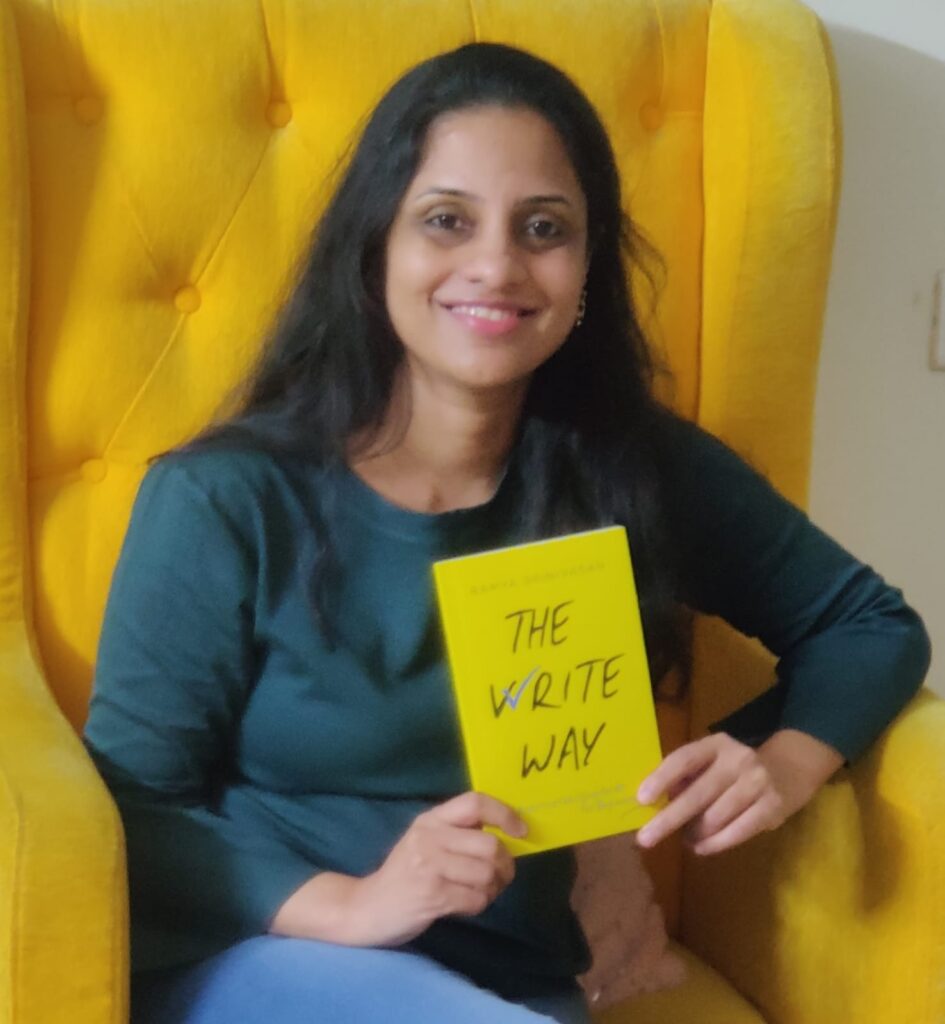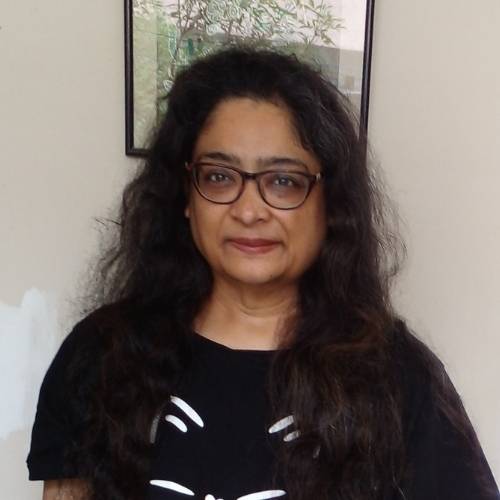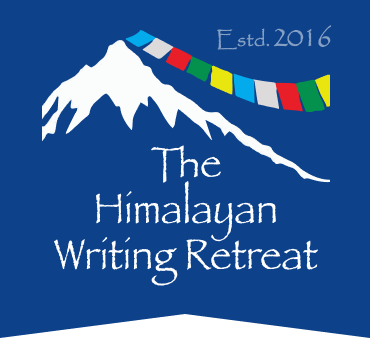- Could you tell us what prompted you to write ‘The Write Way’?
It started with a suggestion from a friend who had just returned to India from the US. Her
daughter was in middle school, and she felt the opportunities to write are fewer in Indian
schooling. She asked me to run a writing course for her daughter, given my experience
as a writer. That prompted me to think about what I’d like to teach children of that age. I started documenting everything I had learned in a way that was easy to digest for that age group. It started as a course but eventually turned into a book.
- You write B2B tech content. How easy or challenging was it to write about general
writing for a YA audience in your book?
Although I write B2B tech content, I started as a freelance journalist writing features,
profile pieces, travelogues, and book reviews. Later I began writing tech content, and
then I moved on to short stories, too. I’m a person who gets bored easily and so I like to
keep mixing formats to keep myself motivated. To be honest, The Write Way wasn’t difficult for me to write because I was sharing what I knew. It’s what I’d learned through trial and error. However, writing for a young adult audience was new to me. What helped there in getting the tone is imagining a specific person reading it. I had a couple of model readers in my mind (my friend’s daughter and my niece).
3. How long did it take to write your book?
The first draft took about 3 months. That was in 2015 when I wrote this as a course. The
thought of making it into a book was always in my mind. Only in 2020 during the
pandemic, I finally got around to doing it. I created a better structure this time, tightened
the edits, updated examples to be more relevant, and added an extra chapter. These
revisions took another couple of months.
4. Could you tell us about your writing journey?
Writing was a happy accident. I worked in the software industry for 12 years, was
exhausted with corporate life, and looking to switch careers. By the time I quit my job in
2013, I’d been blogging for about 6 to 7 years, which helped me understand that I
enjoyed the writing process. It was something I’d always enjoyed since my school years.
Now, whether I can make it a career that pays, I didn’t know then. That took a lot of
experimenting.
5. What do you think is the best part about a career in writing and what’s the worst?
The freedom is what I love the most about my freelance writing career. And this is both
at a macro and micro level. The freedom to choose the clients I want to work with, the
projects I want to work on, the amount of time I want to spend on work, my personal
time, how to structure my day, and whether to work mornings or evenings. I need only
my permission for any decision. The worst part is definitely the lack of socializing. At times, sitting at your desk and typing away for hours can get lonely. I’m not too social anyway, so this doesn’t matter so much, but some days I miss good conversations.
6. How did you conduct the research for your book?
My writing experience was the material for my book. For the chapter on comics and
picture books though, I had to do additional research because I had no experience
creating them. But I do have a ton of experience reading them, lol! That chapter was not
in my initial manuscript. My copyeditor Radhika Meganathan recommended I add that to
keep it interesting for the YA audience. I love reading comics, so I thought that was a cool
idea and I started researching it, which turned out to be a lot of fun.
7. Who chose the title ‘The Write Way’?
I did 🙂
8. Tell us about your publishing journey.
The publishing journey was certainly tougher than the writing itself. This was my debut
nonfiction book, so learning how to write a proposal and pitch to publishers was a
challenge in itself. It didn’t help that I was pitching my proposal at a time that no one was
publishing anything due to COVID-19. I got many rejections and silences but eventually,
I got acceptances from a couple of publishers. I felt the most comfortable with the
Readomania team; I love their previous works and signed a contract with them.
What helped me through this stage is patience, not making the book the center of my
life, and putting myself in others’ shoes. My book is obviously special to me, but for the
editors looking at the proposal, it’s just one of many.
9. What are some of your favorite books on writing?
I love the classics Stephen King’s “On Writing” and William Zinsser’s “On Writing Well”.
Although it’s not a book, I love Grammar Girl’s website and podcast.
10. What other published work do you have to your credit?
My short stories have been published as part of the anthologies: The Mask, Skin,
Kintsugi, and Blind Turns. One of my personal essays was published in the Chicken
Soup for the Indian Entrepreneur’s Soul. My website has links to most of my published
works.







One Response
Good to know this author.